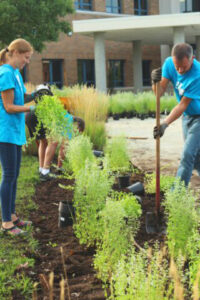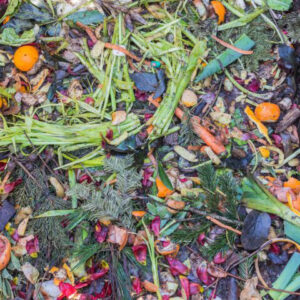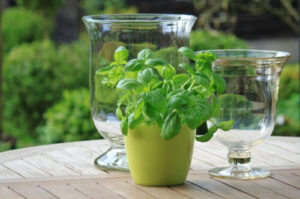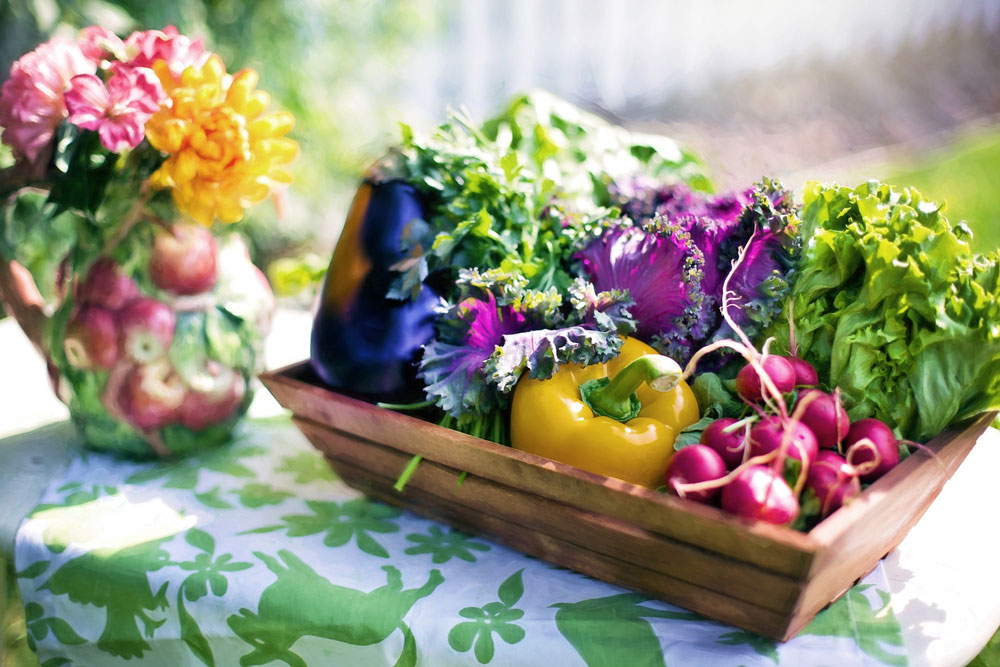Did you know that we are officially in a recession?
Recession, combined with limited social contact of the Covid-19 pandemic, doesn’t have to mean boredom for you or your family. You don’t have to slump down at home trying to sleep the bad times away when you can still have fun without having to spend too much. Gardening is one way to keep entertained without putting a big dent in your budget.
Gardening is among the most productive and yet less-costly ways to entertain oneself. If you have the youngsters helping, you can double the fun. Just as long as you don’t utilize expensive plants, you can have a ball growing veggies and fruits that you can later use to make your own meals. This means more savings for you and a great deal of fun along the way!
Recession, for the inexperienced, is a sustained period of economic decline. High prices and the increase in the unemployment rate contribute to small budgets being stretched to the max. So, if you’re running a home, how do you make sure the effect of recession won’t be too much to bear for your family? This article will provide some anti-recession hints that you may find useful during the current economic uncertainty.

If you’ve been relying on the grocery store for your daily meals, it’s high time to think about growing your own food. What could be better than capitalizing on your green thumb to prevent having to spend your cold hard cash for fruits and veggies?
These five tips can help save you money both now and in future gardening seasons.
1. Plan to share. Find out what your neighbors are planning, and then plan your garden accordingly. At the end of the growing season, you can share your vegetables when they’re read. Often I’ve had too many of one kind of vegetable I couldn’t give away because my friends also had a massive haul at the same time. I’ll grow tomatoes, and you grow potatoes, okay?
2. Plan for the future. Select perennials rather than annuals for your flowerbeds and vegetable garden as much as possible. As they multiply each year, cut them back and exchange them with your friends, so you both have beautiful, full gardens and save money at the same time. Saving seeds from Coriander, for example, will give you cilantro for years.
3. Don’t buy soil. Compost your kitchen scraps, as well as your coffee grounds and paper products. The end result is richer than any potting soil you can ever buy from a nursery or hardware store. The price is right!

4. Recycle. Instead of using mulch, try finding pebbles or small rocks in your yard to use in the garden as a ground cover. This can save you lots of cash since you won’t need to buy mulch in the spring and fall of every year. Your yard may be a treasure trove of ground cover that you didn’t realize was there.
5. Invest. Save in the long run by spending more money now to purchase better quality gardening tools. The tools will last for years, saving you money because you don’t need to replace them every garden season. The same goes for gardening gloves- make sure you buy the best you can afford so they last all season. Though I have to admit that I buy cheap gloves and have a massive stockpile because I don’t like to wash them!

6: Get creative with your space. If you’re renting, growing veggies and herbs in pots, a.k.a. container gardening may be useful. Mint, sage, rosemary, basil, and thyme are helpful herbs for container gardening. If you don’t have enough time, opt for low maintenance veggies. Examples of low-maintenance veggies include garlic, onions, turnips, cabbage, leeks, and kale.

